Squalane Oil: 8 Powerful Benefits To Nourish Your Skin
Achieve soft, supple skin in a snap by boosting your natural hydration.

Image: Shutterstock
Skin care has become essential today, and moisturizing is the most important component in any skin care routine. This is where squalane oil for skin care comes into play. You see, not all moisturizers are equal, and while there are various options on the market, not all ingredients appear to be promising.
Squalane is a natural substance that closely resembles human sebum and provides significant skin advantages. Read on to learn more about squalane oil and how to use it to improve your skin’s health. Keep scrolling!
In This Article
What Is Squalane Oil?
Squalane is the hydrogenated version of squalene. Squalene is a lipid present naturally on our skin. Our skin cells produce this chemical to moisturize the skin. So a squalane vs. squalene comparison may show fundamental differences but both help your skin in several ways.
The skin cells are most efficient in producing squalene in the teenage years. But this production reduces with age. Lack of this natural moisturizer is one reason mature skin becomes dry and rough.
Other sources of squalene include rice bran, olives, sugarcane, and shark liver. However, these sources are unstable and become rancid when exposed to air.
The cosmetic industry found a solution by hydrogenating squalene into the stable squalane oil before using it in skin care products (1). This hydrogenation process makes the oil easy to use on the skin and extends the product’s shelf life.
 Quick Tip
Quick TipSqualane oil offers several benefits for your skin. Let us discuss them in detail.
Key Takeaways
- Squalane oil is a hydrogenated version of squalene, a lipid that moisturizes the skin.
- Hydrogenated squalane oil easily absorbs into the skin and moisturizes it.
- It also combats the signs of aging, soothes skin irritation, manages acne, and reduces dark spots.
- You can safely include squalene oil in your daily skin care regime.
What Are The Benefits Of Squalane Oil For Your Skin?
1. Has A Natural Origin
While shark liver was the primary source for manufacturing squalane oil, many plant-based sources are available now. These include wheat bran, olives, sugarcane, rice bran, etc.
Most ingredients in skin care products include mineral oil or petrolatum. But squalane oil is natural. It can also be a vegan ingredient, and is a popular alternative if you wish to avoid petrochemicals.
2. Is Suitable For All Skin Types
Squalane is a derivative of a naturally occurring component of sebum. Hence, your skin recognizes it. Squalane is also non-greasy and lightweight, and is suitable even for oily skin (2). Squalane can easily moisturize your skin and leave it soft and supple.
3. Moisturizes The Skin


Squalane is a modified form of squalene – an essential part of our sebum. However, the production of squalene slows down with age and causes the skin to go dry (2).
Since it is similar to the natural oils on your skin, squalane works as an effective emollient and helps seal skin moisture.
4. Reduces The Appearance Of Fine Lines
Squalane oil hydrates and makes your skin supple. It reduces the appearance of fine lines and wrinkles. It may also help prevent new fine lines from appearing on your skin. However, more research is warranted in this regard.
5. May Smoothen Out Your Skin
The hydrating and anti-aging properties of squalane oil may improve your skin texture. Squalane oil is an excellent emollient and using it regularly can leave your skin feeling smooth. Anecdotal evidence suggests that it can also reduce your skin pore size, age spots, and pigmentation.
6. May Help Treat Skin Irritation

Squalane oil has anti-inflammatory properties and may soothe skin irritation. It offers a calming and pleasant feeling. It helps hydrate skin, soothes flare-ups, and may help ease symptoms of inflammatory skin conditions like psoriasis, eczemai A skin condition that results in dry, irritated, and itchy skin when triggered by harsh soaps, extreme heat or cold, etc. , and dermatitisi A general term that is used to define types of skin irritation, such as redness, rashes, swelling, and discoloration. (2). However, more research is warranted in this regard.
7. May Help Treat Acne-prone Skin

Squalane oil is non-comedogenic and does not clog your skin pores. It is a popular choice of moisturizer for all skin types.
Furthermore, squalene mimics the natural skin sebum. Hence, your skin tends to reduce its sebum production as it recognizes squalane oil. This unique property of squalane may help reduce acne as a consequence.
8. May Reduce Dark Spots
Squalane oil has antioxidant properties. It improves your skin appearance by reducing damage due to sun exposure. It also may reduce dark spots and visibly brighten your skin. It could also even out your skin complexion. However, more research is warranted in this regard.
How Can You Use Squalane Oil In Your Skin Care Routine?
Choose a pure form of squalane oil free of additives or chemicals.
Be careful if you want a vegan version, as shark oil could often be a key ingredient in the manufacturing process. Look for reputable brands focusing on sustainability and ethical sourcing, especially if you prefer plant-derived options over animal-based ones.
Here’s how you can use squalane oil for your skin:
- Cleanse your face thoroughly with a natural face wash appropriate for your skin type.
- You can use a toner after cleansing.
- You can apply any skin treatment or serum if you choose to.
- Gently massage a few drops of squalane oil into the skin using your fingertips.
- Alternately, you can use a skin care product (such as a moisturizer or an eye cream) with squalane oil.
- Finish your skin care routine with a coat of sunscreen for the morning prep.
Liz, a skin care enthusiast and blogger, shared her experience of using squalane on her blog: “I use squalane both morning and night – it mixes well with other oils, is so intensely hydrating, absorbs quickly, and is not greasy (i).”
 Quick Tip
Quick TipSqualane oil is non-greasy and light, and is fast to get absorbed. Moreover, anecdotal evidence suggests that you can blend squalane with other products to gain multiple benefits.
- With Retinol: The combination may nourish and replenish your skin’s moisture content. Squalane keeps the retinoli A form of vitamin A that helps to exfoliate the skin, boost collagen production, and address the signs of aging. from oxidizing and prolongs its effects.
- With Vitamin C: These ingredients can brighten and lighten your skin tone when used together. This strong antioxidant combo can strengthen your skin barrier against external pollutants.
- With Body Butter: Using squalane oil with other emollients like shea butter and jojoba oil can better hydrate your skin and prevent moisture loss.
Squalane oil is effective in moisturizing and nourishing your skin. But how does it respond to various skin types? Read on to find out.
Who Can Use Squalane Oil?

1. Those With Oily Skin
Squalane oil is similar to a naturally available component of your sebum. Hence, it helps maintain the oil balance of your skin. In a way, it ‘tricks’ your skin into producing less oil. It is non-comedogenic and helps treat the excess oil on the skin.
2. Those With Dry Skin
Squalane oil naturally hydrates and replenishes moisture in dry skin.
3. Those With Sensitive Skin
Squalane oil is non-greasy and anti-inflammatory. It can soothe sensitive skin with its gentle nature and reduce any irritation. It also may protect your skin from environmental damage. The oil may even help soothe skin conditions like psoriasisi An autoimmune skin condition that leads to the formation of scales, dry patches, and rashes on the skin. and eczema (2).
4. Those With Combination Skin
Moisturizing combination skin could be tricky as it is both dry and oily. It needs a delicate oil balance while retaining its moisture levels. Squalane oil is an excellent moisturizer for such skin types as it can help maintain the oil balance while being non-greasy.
Though squalane oil has important benefits, it also may cause adverse effects in some. Read to know more.
What Are The Side Effects Of Using Squalane Oil On Your Skin?

Squalane oil is generally safe for use for most people. However, as with any other skin care ingredient, it always poses a risk of skin irritation or allergies.
Always do a patch test before you use squalane oil on your skin. Apply it to a small area on your skin, such as the inner arm, to test for any reactions. Discontinue use if you develop signs such as itchiness, swelling, redness, or irritation.
Another aspect of squalane is its process of harvesting. Squalane from sharks is neither eco-friendly nor sustainable. Beware of the product you use. Always opt for pure squalane derived from plants instead.
Infographic: 5 Reasons For Using Squalene Oil For Skin
Squalene is a natural substance present in your skin. However, with age, its production goes down, resulting in dry and rough skin. But don’t worry. The good news is there are several skin care products with squalene oil that you can choose from. Scroll down and check out the following infographic to learn how this ingredient can improve your skin health.
Some thing wrong with infographic shortcode. please verify shortcode syntaxSqualane resembles human sebum and helps moisturize your skin. It is a natural substance formed after hydrogenating squalene. This makes it easy to use on the skin and offers a long shelf life. Using squalane for skin may help nourish the skin, smoothen the skin, reduce the appearance of aging signs, and help treat skin conditions. It also aids skin softening. You may use squalane directly or combine it with other ingredients to reap maximum benefits. Though considered safe for use, it might cause allergic reactions if you are allergic to it. Always do a patch test before you apply.
Frequently Asked Questions
Does squalane oil go before or after moisturizer?
Squalane oil should be used before a moisturizer since it is a lightweight and non-greasy oil which easily gets absorbed into the skin. Applying a moisturizer after squalane oil will allow for better and faster absorption of the oil.
Should I use squalane or hyaluronic acid?
You can use both squalane and hyaluronic acid as a part of your daily skincare routine. Hyaluronic acid increases your water content while squalane creates a barrier which keeps the moisture locked in, giving you hydrated and soft skin.
Can I use squalane under the eyes?
Yes. Squalane is a non-irritating and moisturizing ingredient that can keep your under eyes soft, plump, and hydrated. This will give your eyes a fresh and rejuvenated look.
Illustration: Benefits Of Squalane Oil For Skin, Its Uses, And Side Effects
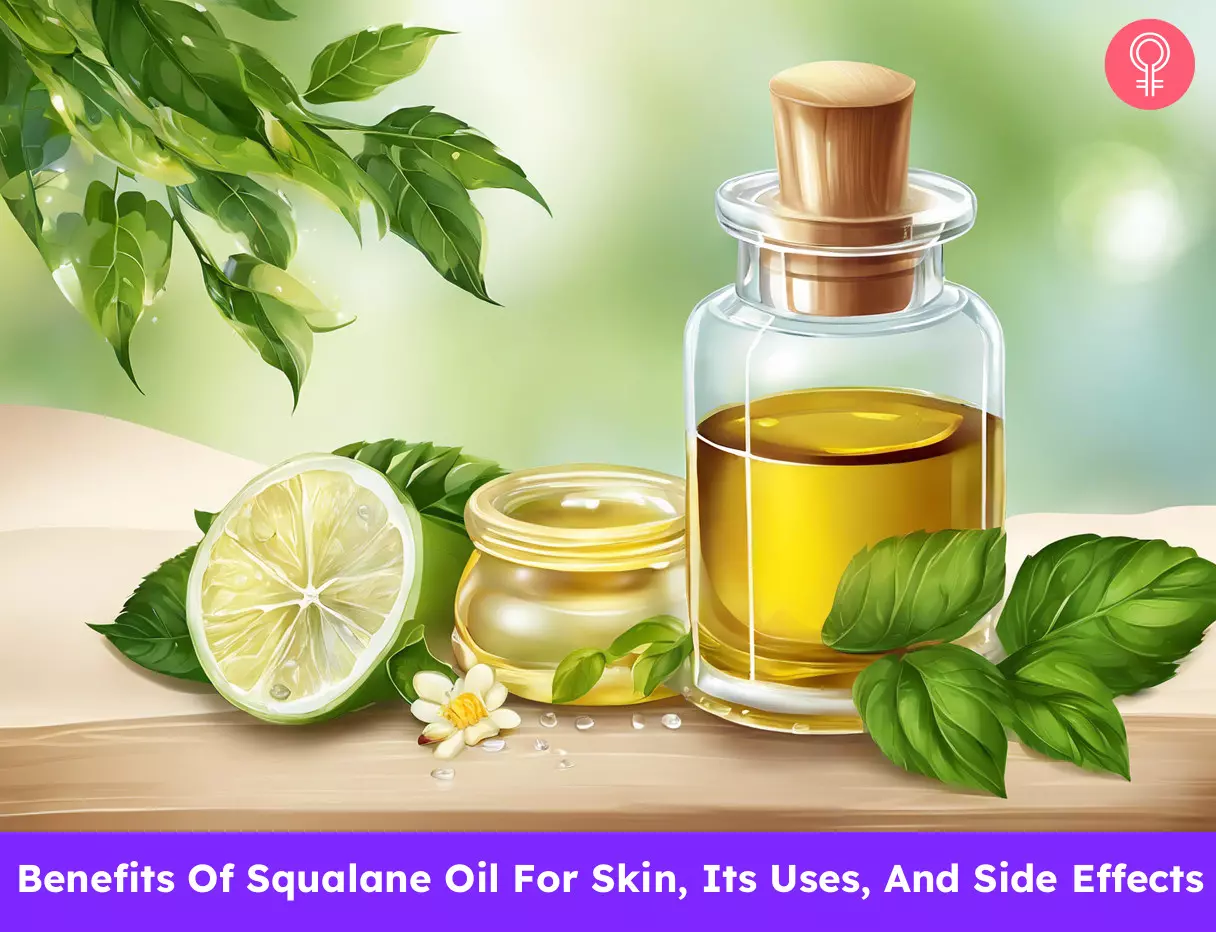
Image: Stable Diffusion/StyleCraze Design Team
Squalane oil is the perfect face oil. Want to know why? Watch this video to learn why it’s so amazing and how it can help your skin look and feel its best.
Personal Experience: Source
StyleCraze's articles are interwoven with authentic personal narratives that provide depth and resonance to our content. Below are the sources of the personal accounts referenced in this article.
i. Simple Beauty – Squalanehttps://beautyandbountyblog.wordpress.com/2017/10/21/simple-beauty-squalane/
References
Articles on StyleCraze are backed by verified information from peer-reviewed and academic research papers, reputed organizations, research institutions, and medical associations to ensure accuracy and relevance. Read our editorial policy to learn more.
- Solvent-Free Chemoselective Hydrogenation of Squalene to Squalane
https://www.ncbi.nlm.nih.gov/labs/pmc/articles/PMC6641624/ - Moisturizers: The Slippery Road
https://www.ncbi.nlm.nih.gov/pmc/articles/PMC4885180/
Read full bio of Dr. Priya Gill
Read full bio of Arshiya Syeda
Read full bio of Ramona Sinha
Read full bio of Monomita Chakraborty







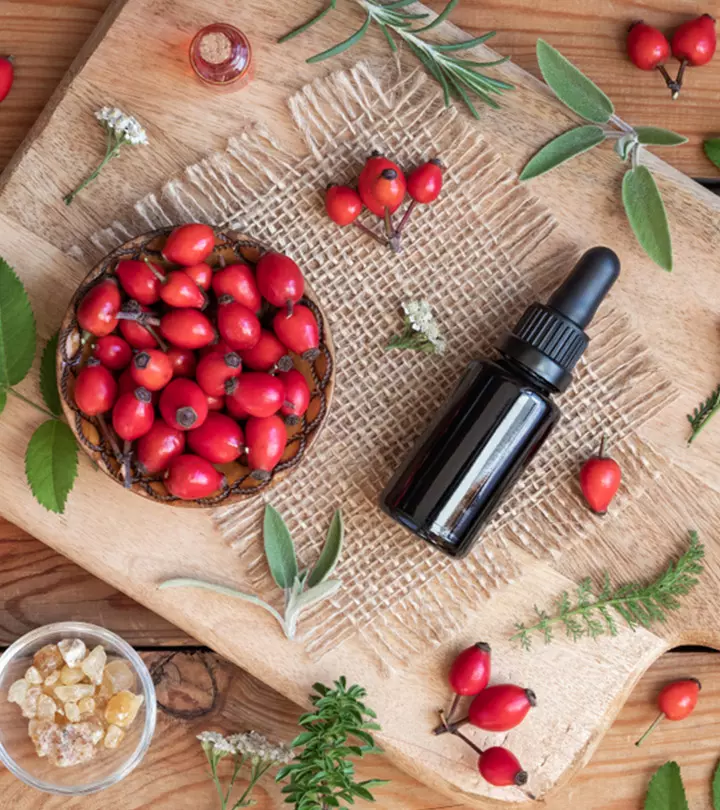
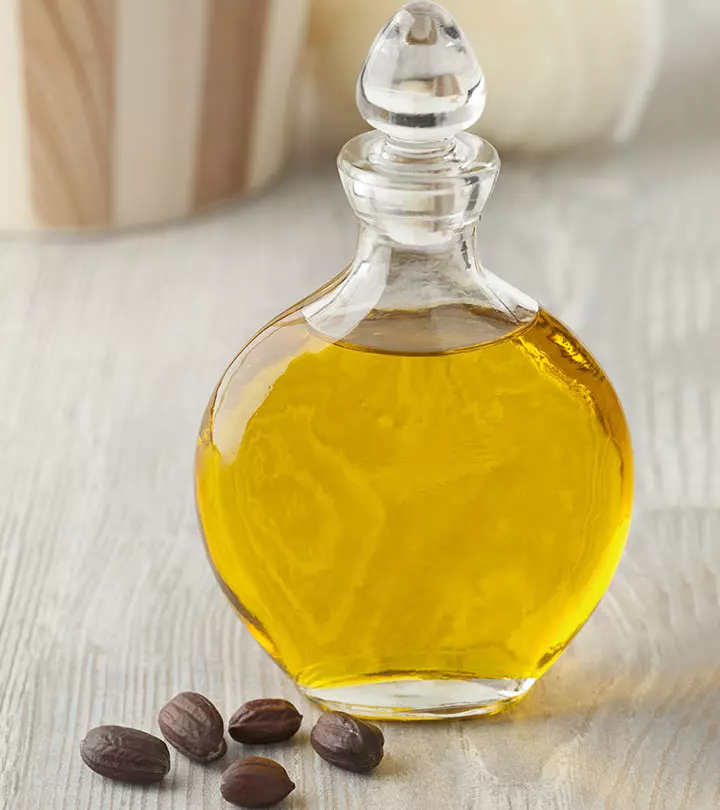

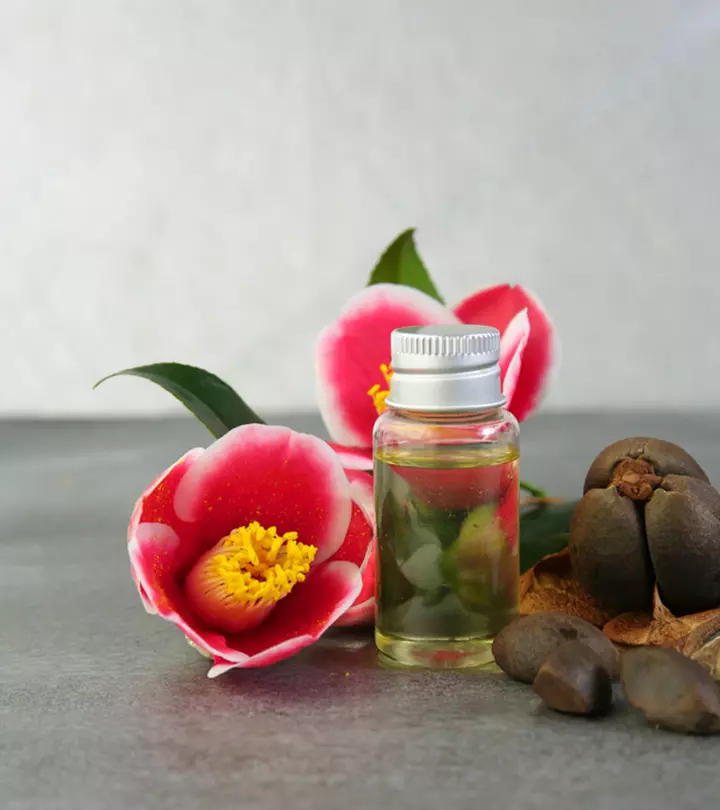
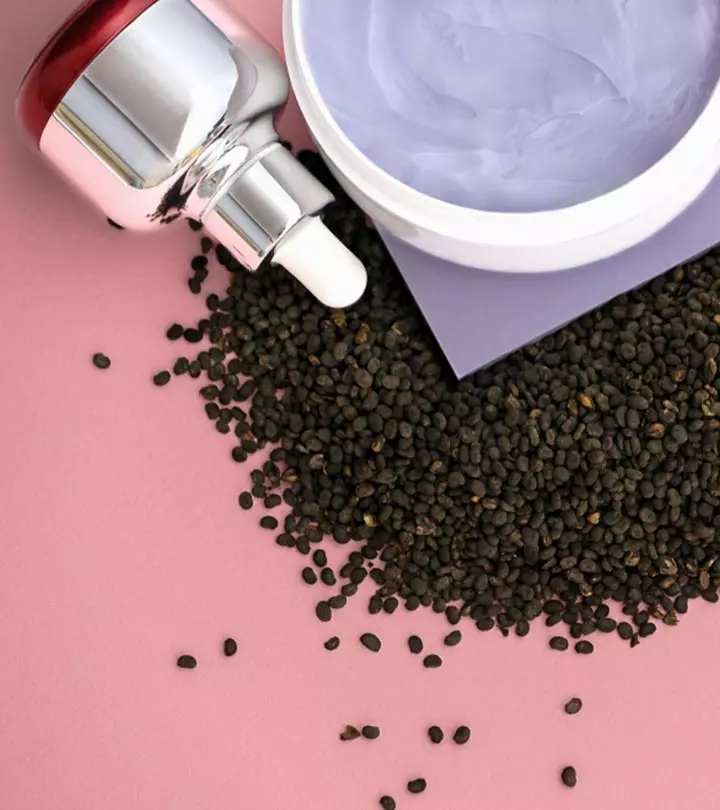




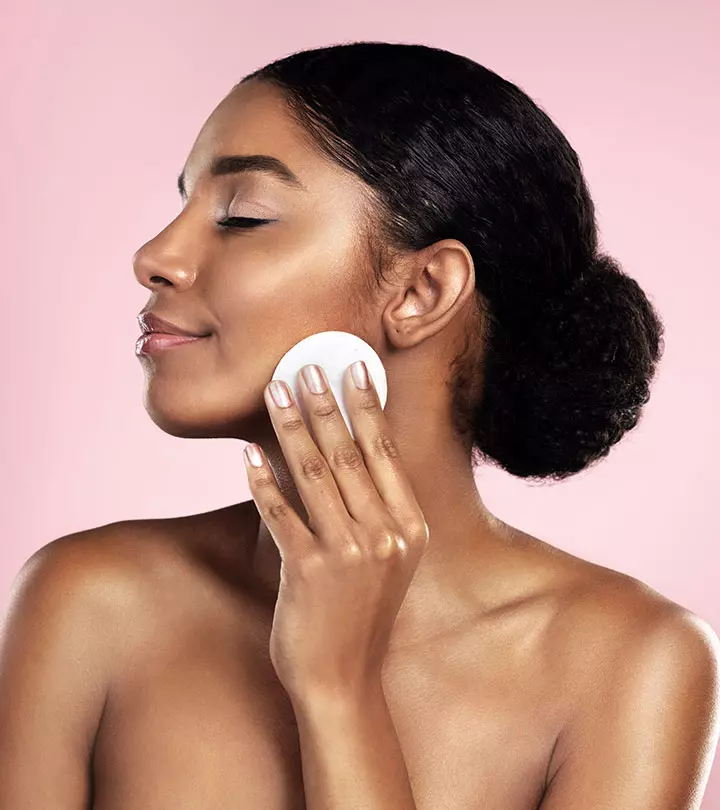

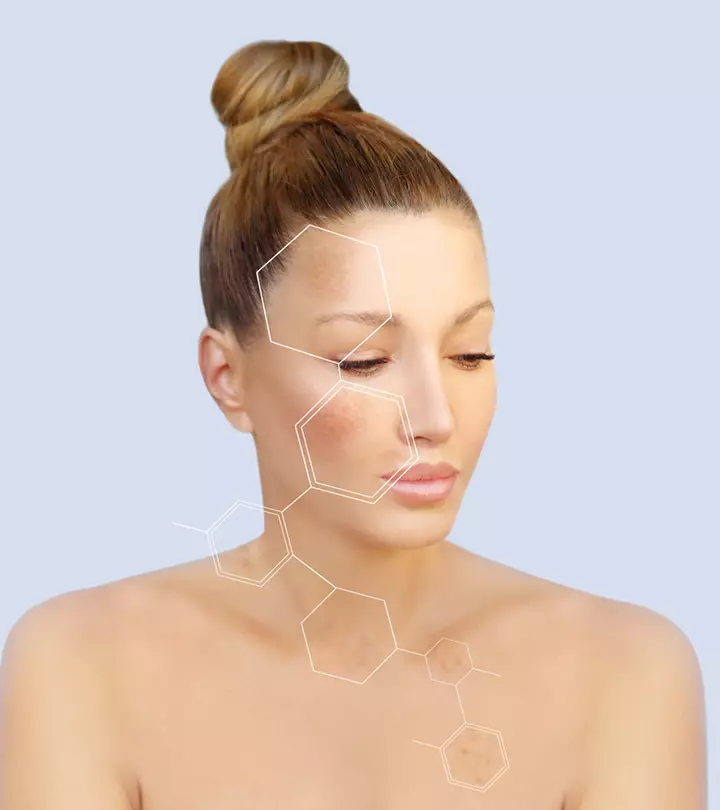
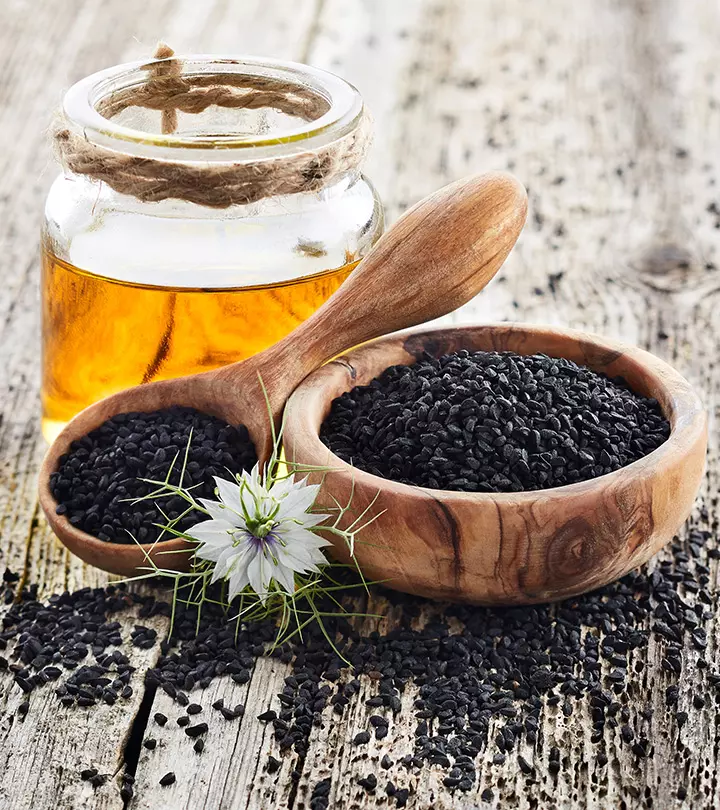
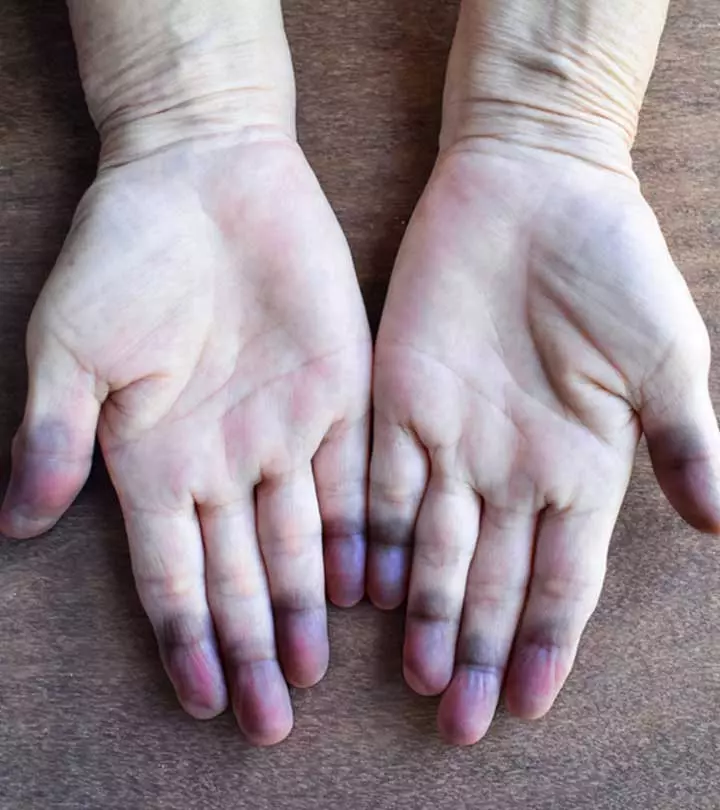
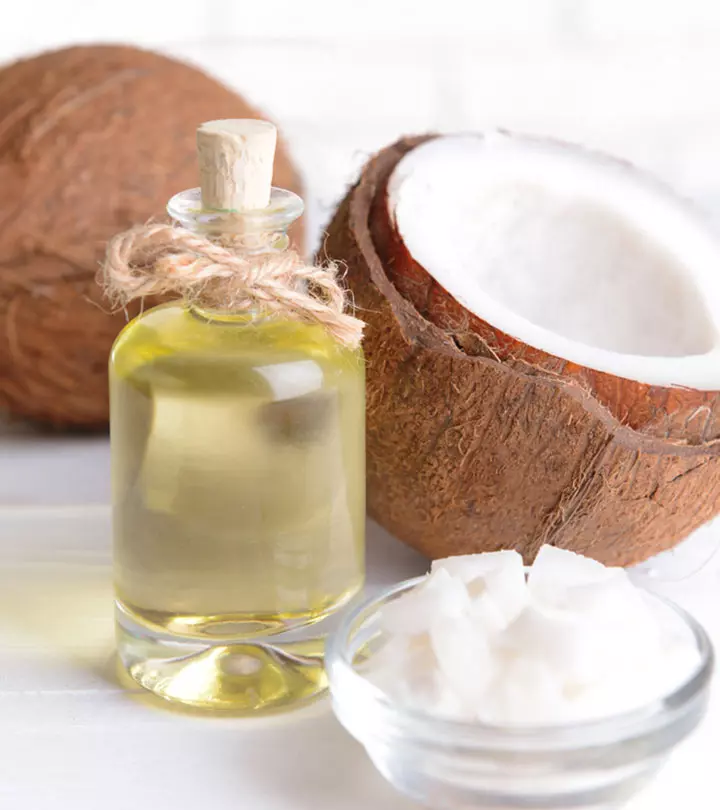
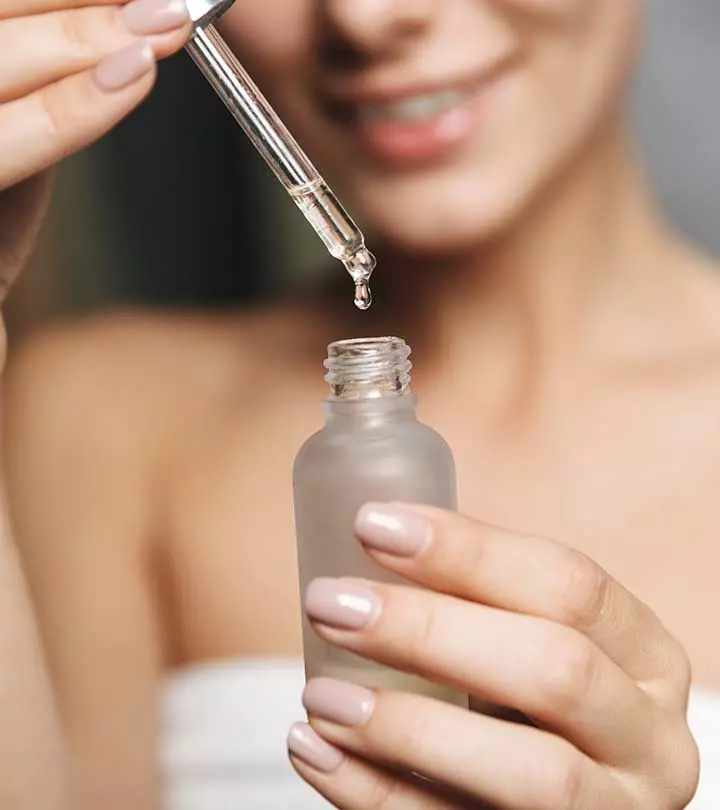
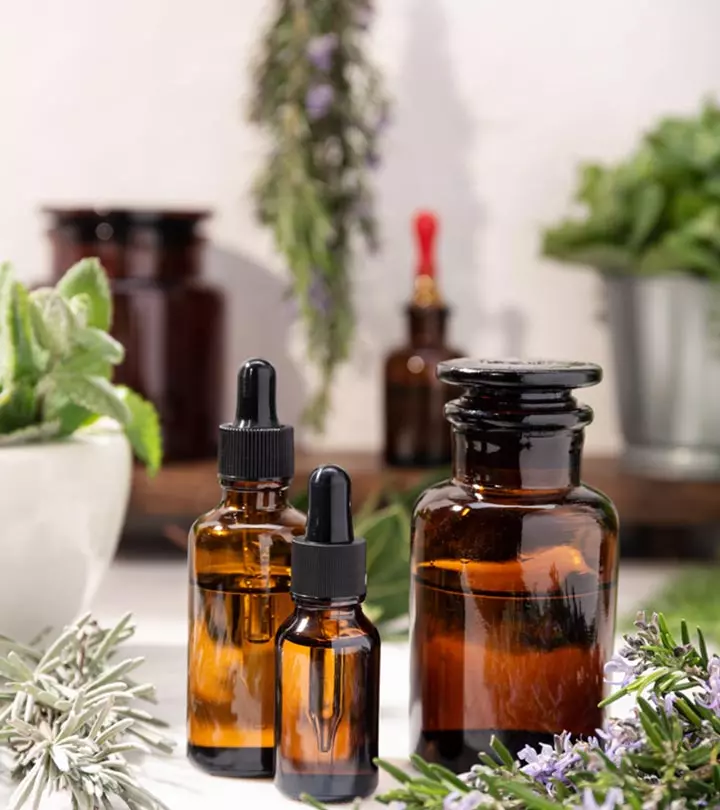
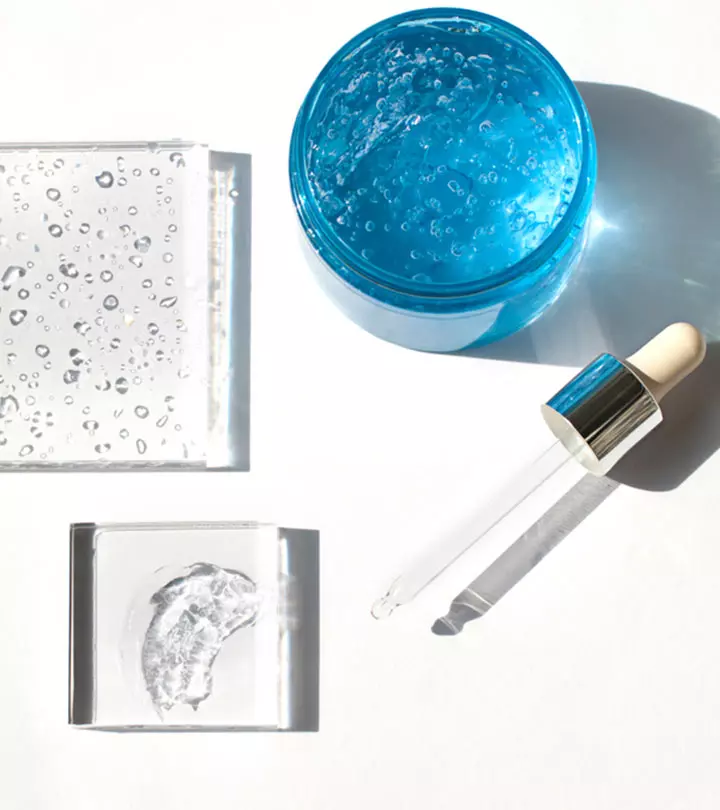

Community Experiences
Join the conversation and become a part of our empowering community! Share your stories, experiences, and insights to connect with other beauty, lifestyle, and health enthusiasts.